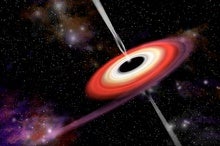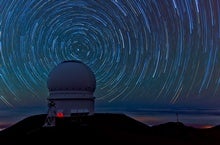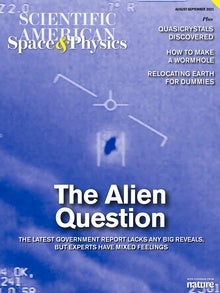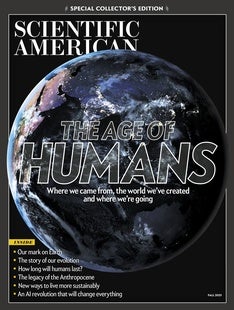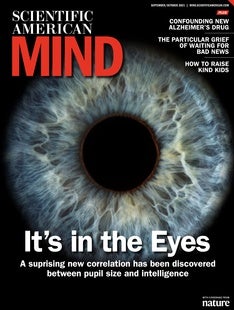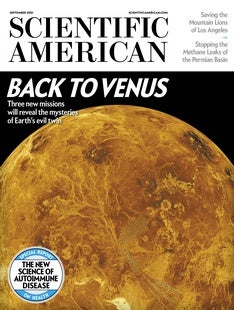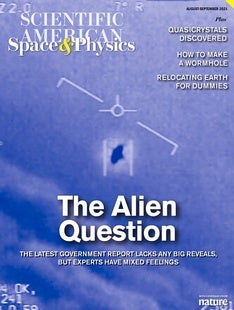 |
| September 02, 2021 |
Dear Reader,
Does Jeff Bezos joyriding to space rub you the wrong way? Or do you think the criticism heaped on him is unfair? Chelsea Gohd delves into the controversy surrounding billionaires in space, and why one company—Blue Origin—gets most of the hatred, in our lead story. In other news, physicists have observed ions peeling off a surprising number of electrons by traveling through just a single layer of graphene—one sheet of carbon atoms. The researchers added on layers, one at a time, to see how many extra electrons the ions were able to grab, and discovered new details about the workings of these interactions, which last for just a quadrillionth of a second. |
| |
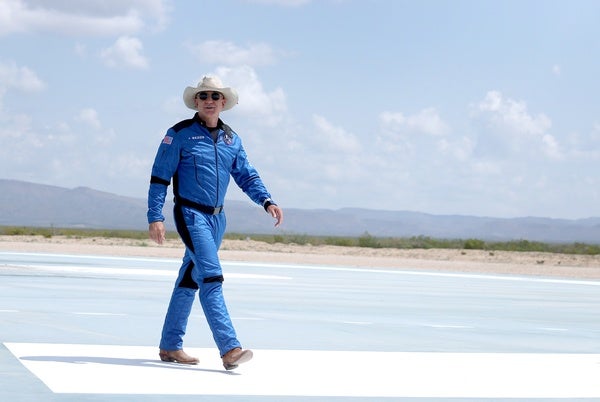 |
| Space Exploration Why Jeff Bezos's Blue Origin Is So Reviled Economic inequality, an indulgent trip to space and an ongoing legal battle with NASA are putting the space company in the hot seat By Chelsea Gohd,SPACE.com | |
| |
| |
| |
| |
| |
| |
FROM THE STORE
 | | | |
| |
| |
FROM THE ARCHIVE
 | | | |
LATEST ISSUES
 |
| |
| Questions? Comments?  | |
| Download the Scientific American App |
| |
| |






